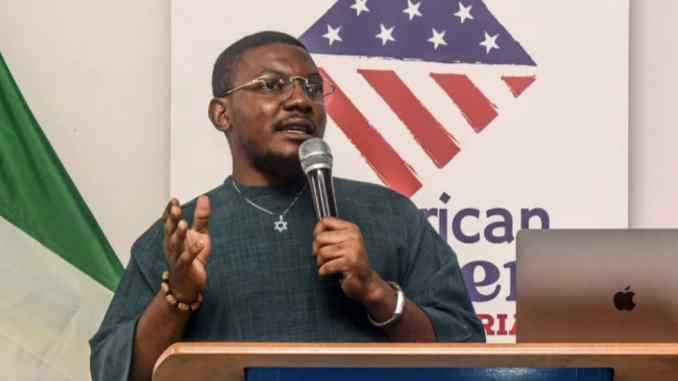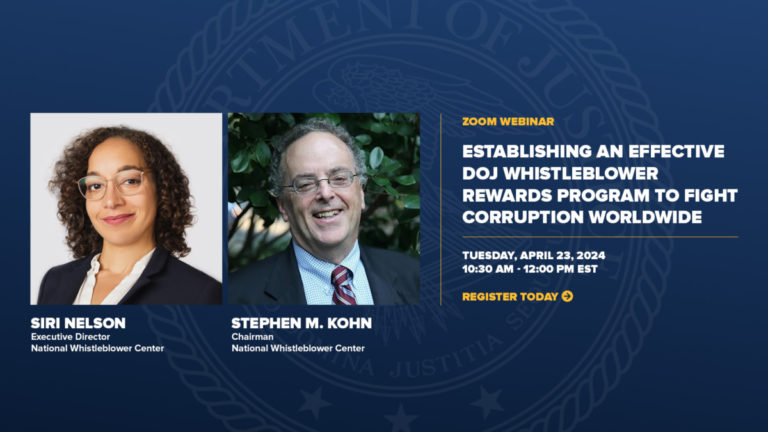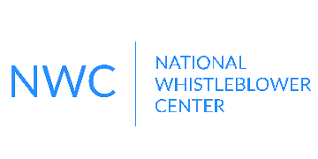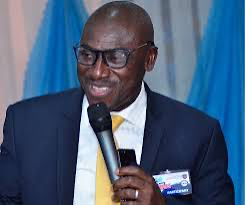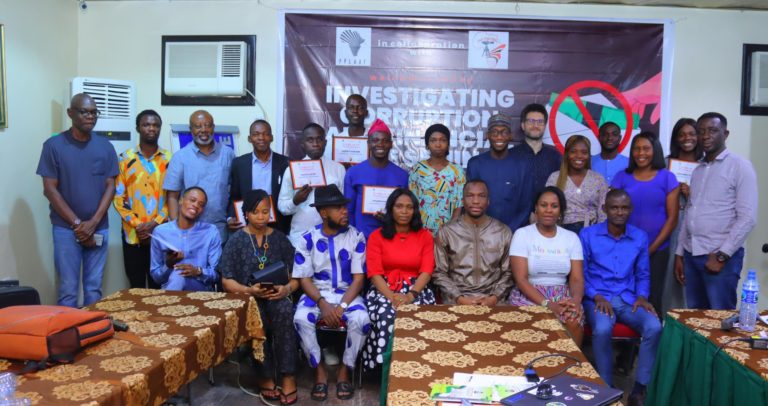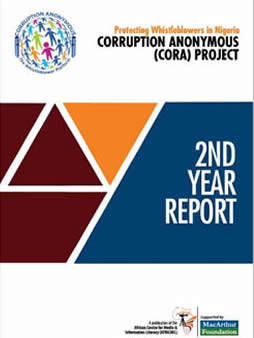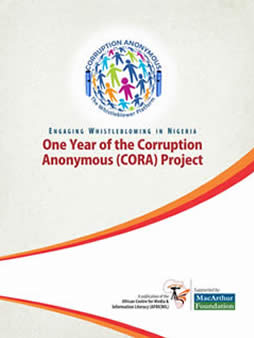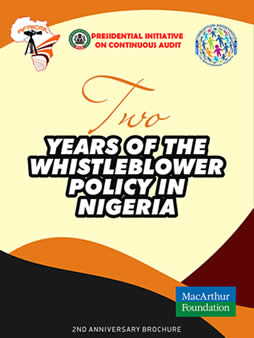To get a driver’s license in Nigeria, one does not necessarily have to know how to drive. Officers of the Federal Road Safety Corps (FRSC) and those of Vehicle Inspection Office (VIO) are only interested in the extra money they get when they help applicants bypass the process.
An investigation by this reporter has shown that obtaining a driver’s license in Nigeria is not predicated on the ability to drive like it is in other countries, but merely on the ability to find a corrupt officer and pay the required fees.
With no driving skill, and posing as an applicant, Fixer 1 visited the operations unit of the Federal Road Safety Corps in Ibara, Abeokuta. He narrated his experience:
I was greeted by a female officer whose name I would later learn to be Mrs. Rafiat Olabisi. She asked what my mission was, and I explained that I needed a driver’s license urgently. Mrs. Olabisi explained the process, but gave in to my plea to evade the process, especially with the assurance that I was ready to pay any amount.
The Right Process of Obtaining a Driver’s License
A driver’s license is a legal document issued by the Federal Road Safety Corps that confers the right to drive to an individual. In Nigeria, it is considered illegal and criminal to drive without owning a driver’s license.
Anyone older than 18 years old is eligible to obtain a driver’s license. However, age is not the only requirement an individual must tick before they can be issued a driver’s license. There are steps to follow, as well as other necessary requirements. Also, obtaining this license is not free. It costs some money, and the validity can be either 3 years or 5 years.
Documents required for obtaining the license include: a certificate from a driving school, a learner’s permit, VIO Driving Test certificate, Birth certificate/Age declaration, Eye Test certificate from FRSC approved clinics, Evidence of driver’s permit payment (bank teller or print out), and a National Identification Number.
To obtain a driver’s license for the first time in Nigeria, an applicant is supposed to have attended an accredited driving school to certify that he is able to drive. Thereafter, the driving school would refer the applicant to the Vehicle Inspection Officer (VIO) for a driving test.
Once an applicant passes the driving test, they are given a certificate of proficiency from the VIO, after which they would visit the online portal of the Drivers Licensing Centre (DLC) to apply online and pay a license fee. After the online application, the applicant prints an acknowledgment slip once payment is verified. Thereafter, they present their application form/slip to the Board of Internal Revenue (BIR) Officer and VIO at the DLC for endorsement.
It is after the completion of these processes that one proceeds to the FRSC Officer at the DLC for biometric data capture, then a temporary driver’s license which is valid for 60 days is issued. After 60 days, the applicant would be able to pick up the original driver’s license at the BIR Office.
This reporter reliably gathered that a driving school certificate costs N8,000 or more depending on the driving school, while certificates of VIO test and eye test cost N1,000 and N500 respectively. According to FRSC, a license with a three-year duration costs N12,000N while one with a 5-year duration costs N15,000. It used to be N6,350 and N10,450 for 3 and 5 years respectively.
Officer Offers to Procure Driving School Certificate
When Fixer 1 engaged Mrs. Olabisi on getting a new certificate, she offered to procure one from one of the accredited centres for him. She disclosed that she had helped her clients to obtain such certificates and other credentials for obtaining a license in the past. She assured him that the certificate would be ready in a month. So, Fixer 1 would be certified fit to drive, even though he had never learned to drive.
She asked that all requirements be sent to her via WhatsApp, and charged a sum of N30,000 which would cover all expenses. Fixer 1 would also not have to submit himself for driving test, nor eye test, two required exercises.
Officials Still Circumvent Due Process Despite Increasing Road Accidents
Road transport is the most used mode of transportation in Nigeria today. It is evident that the rate of road crashes in Nigeria is on the increase due to several factors which need to be addressed. The morbidity and mortality burden in developing countries is rising due to a combination of factors, notable among them are reckless driving and disregard for driving rules. Other factors include rapid motorization, poor road and traffic infrastructure.
267 Died in 814 Road Crashes Between Jan – Aug 202I – Ogun State FRSC
In September 2021, the FRSC in Ogun State said 267 persons died in 814 road crashes in the state between January and August.
The Sector Commander, Mr. Ahmed Umar, told the News Agency of Nigeria (NAN) in Ota, Ogun State, that 136 people were killed in 450 crashes on the Lagos-Ibadan Expressway.
The Sector Commander explained further that 1,645 people were injured out of which 975 got injured on the Lagos-Ibadan Expressway during the period.
“Most of the crashes that occurred in the last eight months across the state could be attributed to excessive speeding,” he said.
176 Persons Killed, 990 Injured in 2020 in Ogun – TRACE
The Traffic Compliance and Enforcement Corps (TRACE) also disclosed that no fewer than 176 persons died while 990 others sustained various degrees of injuries in various road accidents across the state in 2020.
Mr. Babatunde Akinbiyi, the TRACE spokesman who disclosed this to newsmen in Abeokuta, added that the crashes involved 171 private cars, 153 private buses, 168 commercial buses, 189 commercial cars, 101 motorcycles, 52 tricycles, 155 medium trucks, 169 heavy trucks, and 93 other vehicles.
The number of persons that have died in road accidents in Ogun State during this period may not be unconnected with the fraud surrounding the procurement of driver’s licenses in the state. It is a dishonest process in which people who do not have the required credentials are certified to be roadworthy.
Similar Experience for Fixer 2 at VIO Office
Posing as an applicant, I arrived the Vehicle Inspection Office and was stopped by a security guard who asked to know my mission. When I told him I wanted a driver’s license, he said he had someone who could help me and that he would put a call through to the person.
He tried calling but the network was poor. But some minutes later the call went through and the officer, identified as Roseline Akinbami, emerged from one of the offices in mufti. She walked up to the gate and asked me what I wanted. I explained to her, and she told me I would pay N30,000.
She explained that I would get a driver’s certificate within one month and a temporary driver’s license that covers me anywhere in Nigeria. She said the driver’s license would be processed for another month, making the duration of the entire process two months. Akinbami requested for two passport photographs and promised to send the driving school form to me on WhatsApp once payment had been made. She then wrote her account number for me on a piece of paper and I left.
The N30,000 was transferred to her that same evening and she sent the form to me and requested for my details exactly as it was written in the form. I sent her the details and promised to bring the two passport photos to her office the following week.
I went there the following week on a Monday, but the office had not opened as at 9.30a.m. I was attended to at the gate because I had earlier called the woman that I would be coming. She collected the two passport photos and brought out two forms. She attached one of the passport photos to one of the forms, and the second passport photo to the processed learner’s permit which she wrote on and signed. She told me the permit covered me anywhere I wanted to drive to before I received the original driver’s license. I noticed that a payment of N600 was attached to the learner’s permit. She told me I would be updated on when the driver’s certificate would be ready.
In her possession were three different driving school forms with which they have partnership. When necessary, she decides which of the forms to use.
FRSC Reaction
When contacted, the Public Relations Officer of FRSC in Ogun State, Florence Okpe, denied the findings of this investigation, describing them as “impossible.”
She argued that it was not possible for a fresh applicant to bypass the process of obtaining a driver’s license. “I am not sure there is any bypass on that transaction. There is no way you can evade the process as a fresh applicant,” she said.
According to her, “Bypass is done for someone who wants to do renewal, and you can do it on your own through our website. But for the fresh applicant you can’t do bypass because you have to undergo six sessions and the certificate comes straight from Abuja with a number on it. So, there is no way you can escape it without been notified over there.”
The PRO of VIO did not respond to calls as at press time. Suffice to say, however, that the temporary license paid for has not been obtained. It would be necessary as evidence for the story. It is expected first week of January 2022.
This story was funded by the African Centre for Media & Information Literacy (AFRICMIL) with support from MacArthur Foundation.







